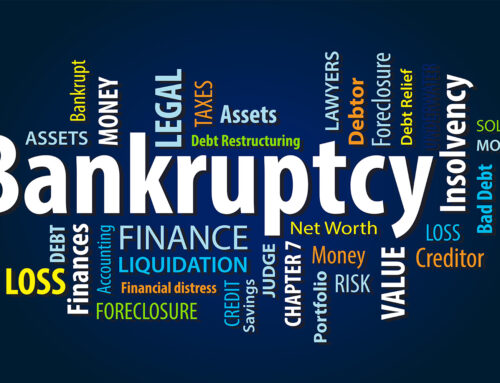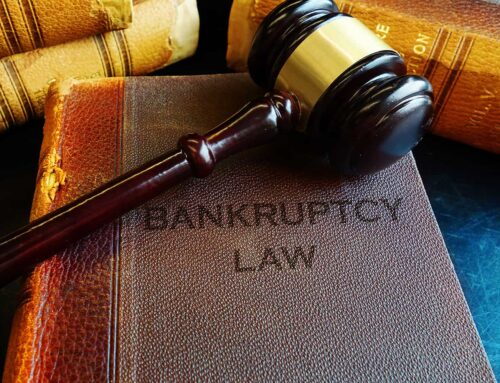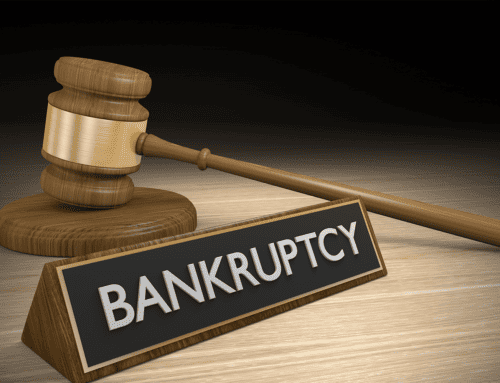A homestead exemption law change effective January 1, 2021, protects California homeowners pursuing Chapter 7 bankruptcy. Previously, homestead exemptions capped out at $75,000 for single people and $100,000 for married couples. Senior citizens and those with disabilities enjoyed moderately more significant thresholds at $175,000. However, none of the amounts equated to the median home value in Los Angeles and its surrounding area, which meant people’s homes weren’t protected as a means to pay off unsecured debt.
Bankruptcy laws vary by state. Many states provide homestead exemptions to those in dire financial straits, but the specifics differ between states. Interestingly, California lags behind many other states when it comes to the homestead exemption. States like Florida and Texas allow up to 100% of the home’s value as long as they meet specific criteria. In states with a lower median home value, the allowable California homestead exemption would be more reasonable, but the average home value in Los Angeles county was over $700,000 in 2020. What’s worse is that the exemption lost value year-over-year as home prices increased.
The 2021 California Homestead Exemption
Normally, increasing home values are beneficial because they also increase homeowners’ equity. When it comes to debt and bankruptcy filing, though, it’s a detriment. People who have limited cash flow and aren’t able to make payments on unsecured debt risk losing their homes if they want to file for Chapter 7 bankruptcy. California legislators recognized the issue that the homestead exemption caps presented and made an adjustment.
Effective January 1, 2021, the California homestead exemption increased to a minimum of $300,000 for everyone. Specifically, the allowable exemption is the greater between $300,000 and the median sale price of a single family home. The exemption, signed into law by California Governor Gavin Newsom, caps out at $600,000 but adjusts for inflation beginning in 2022.
Years Long Challenges With Previous Exemption
When you file for Chapter 7 bankruptcy, the bankruptcy trustee reviews your assets to determine the value that can be liquidated to pay back as much debt as possible. Until recently, you could only claim a $100,000 exemption.
Suppose you were married and lived in a home in the Los Angeles area that had a value of $400,000. You struggle to pay the mortgage and can’t afford to move. Overburdened by unsecured debt like medical bills and credit cards, people in this position often desire to keep their homes but must liquidate any equity above and beyond the allowable exemption to pay off debt. In this situation, the home must be sold, and the proceeds used to pay off debt.
The recent adjustment to the homestead exemption means that most people in California, including areas with high median home values, are more protected when it comes to filing Chapter 7 bankruptcy while keeping a roof over their head. Of course, another option is to file Chapter 13 bankruptcy; however, this type of bankruptcy filing typically serves another type of scenario and may not be appropriate. In addition, Chapter 13 filings require debtors to have a sufficient income to make consistent payments on past balances owed while maintaining new payments, too.
A Fresh Start for Those in Financial Trouble
Everyone deserves a second chance. Bankruptcy was designed so that those overwhelmed by financial struggles could wipe the slate clean and rebuild. Many Los Angeles homeowners were denied their opportunity for a second chance before 2021 when they learned they were ineligible to file Chapter 7. The new law reduces the barrier to file and aligns more closely with other states.
People across the U.S. find themselves reeling from a global pandemic and its economic fallout. If you are someone who has struggled financially for years but have been unable to file Chapter 7 due to your home equity, you may now have a reprieve. Contact a bankruptcy attorney at Brent George Law to find out more about the new California homestead law and to get answers to all your other bankruptcy questions if you need a fresh start.






